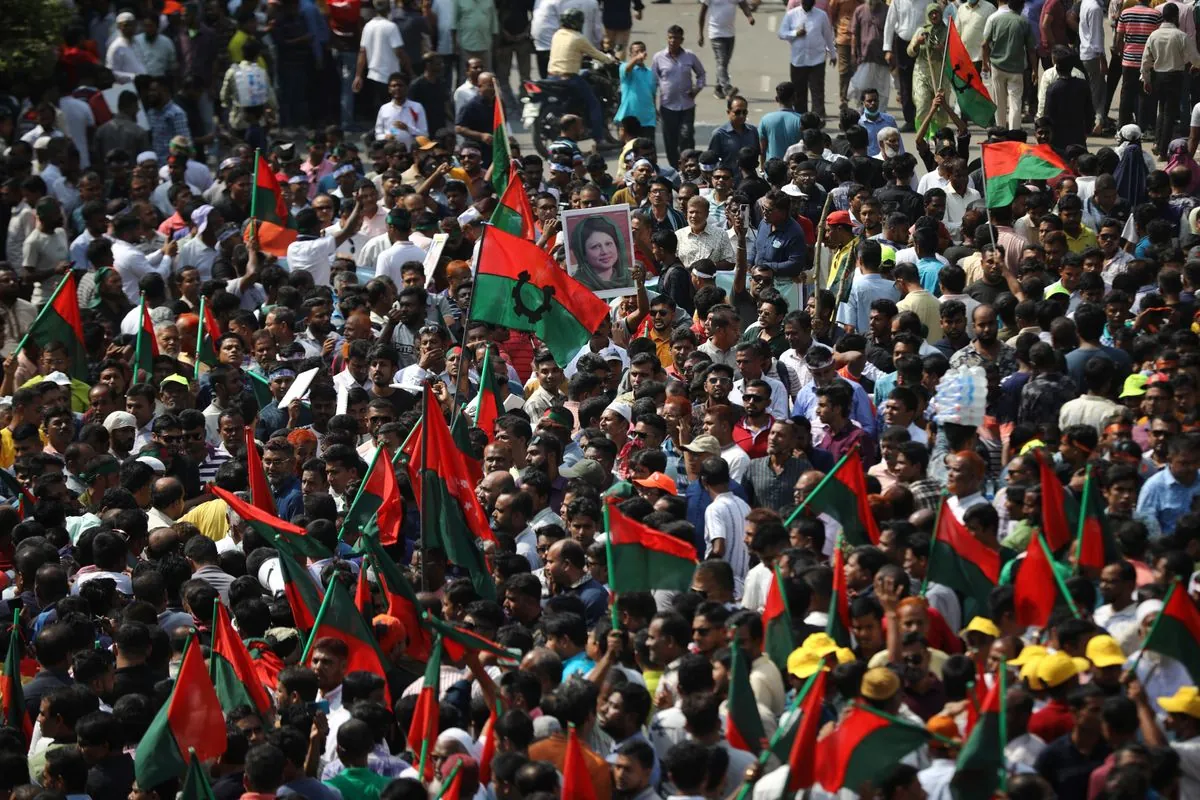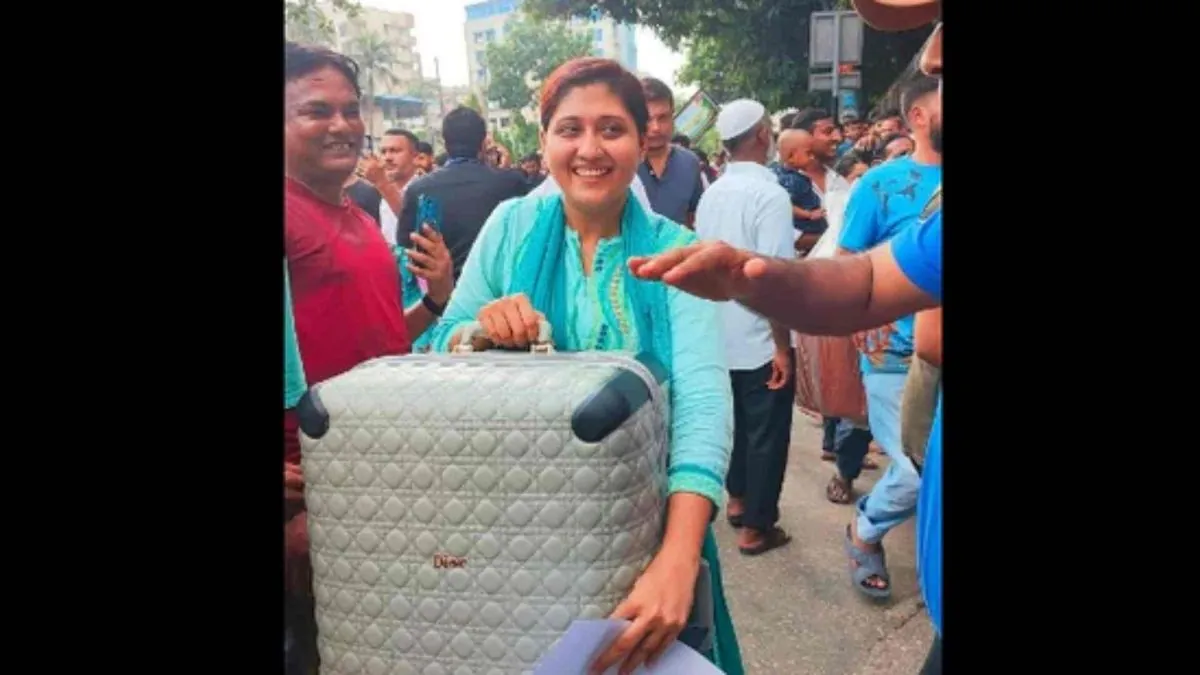Bangladesh in Turmoil: PM Hasina Flees Amid Protests and Power Vacuum
Prime Minister Sheikh Hasina has fled Bangladesh following widespread protests, leaving a volatile situation. The military's role and international implications remain crucial as the country faces an uncertain future.

In a dramatic turn of events, Sheikh Hasina, the Prime Minister of Bangladesh, has fled the country amidst escalating protests and civil unrest. This development marks a significant shift in the political landscape of the South Asian nation, which has been under Hasina's leadership for four consecutive terms.
The protests, initially sparked by concerns over civil service job quotas, evolved into a broader expression of discontent with the government's alleged human rights abuses, corruption, and electoral malpractices. Zonayed Saki, leader of the Ganosamhati Andolan party, articulated the public sentiment:
Hasina's departure comes after a series of events that culminated in widespread civil disobedience. The government's response to the protests, including internet shutdowns, curfews, and the deployment of security forces, resulted in numerous casualties. Reports indicate that over 300 people, including law enforcement officers, lost their lives in the ensuing violence.
The situation on the ground remains volatile, with incidents of looting and vandalism reported at government buildings and historical sites. Notably, demonstrators have targeted symbols of Hasina's family legacy, including a statue of her father, Sheikh Mujibur Rahman, the founding father of Bangladesh.

Bangladesh's military has called for calm but has not directly intervened. This stance is likely influenced by the country's history of military coups and its significant contribution to UN peacekeeping missions. The international community is closely monitoring the situation, with potential implications for Bangladesh's global relationships and economic partnerships.
The power vacuum left by Hasina's departure raises questions about the country's immediate future. Discussions about forming an interim administration are underway, but the situation remains fluid. The prospect of free and fair elections looms large, with many hoping for a peaceful transition that aligns with Bangladesh's founding principles of secularism and democracy.
It's crucial to note that Bangladesh has made significant strides in recent years, becoming a lower-middle-income country and achieving notable progress in poverty reduction and health indicators. The country's economic growth, particularly in the ready-made garment sector, has been remarkable. However, challenges persist, including the impacts of climate change and political instability.
As Bangladesh navigates this critical juncture, the international community, particularly neighboring India, faces a complex diplomatic situation. The outcome of this crisis will likely have far-reaching implications for regional stability and Bangladesh's future trajectory.


































